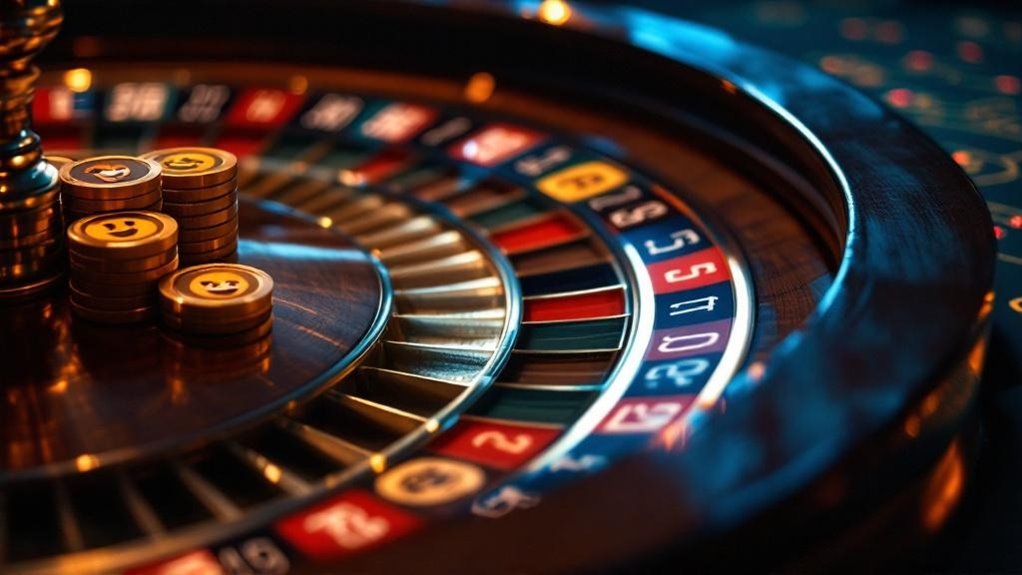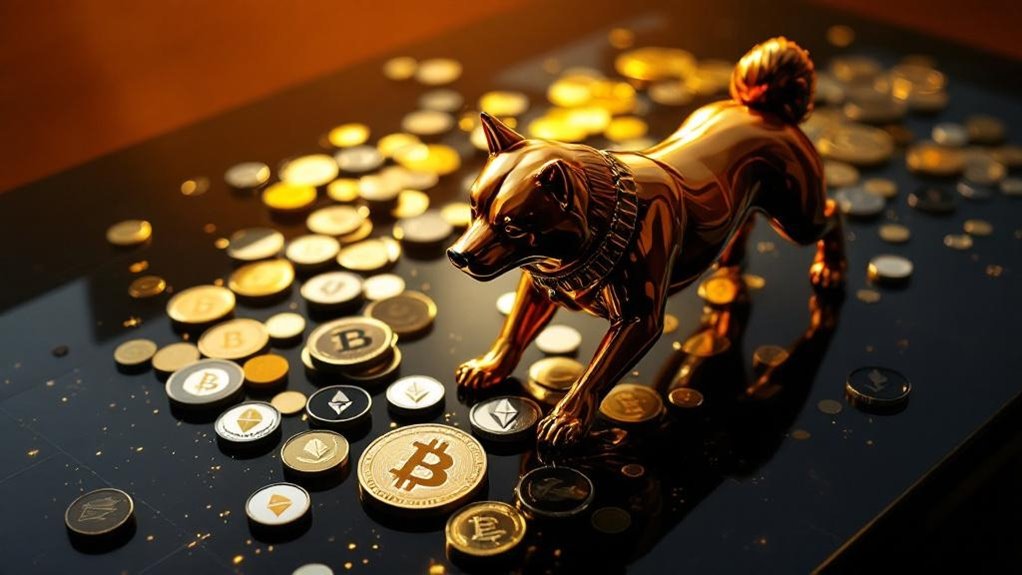MemeCoinCook.com serves up spicy crypto memes and info for entertainment only—this ain’t financial, investment, legal, or professional advice! Whipped up with AI flair, our content might have some half-baked bits, so DYOR before you dive into the crypto pot. NFA, folks—we’re just tossing out ideas, not guarantees. We make no claims about the accuracy, legality, or tastiness of our posts. Sip our content at your own risk! Check our Terms of Use for the full recipe.

Is Buying Meme Coins the New Legal Gambling Game Everyone’s Playing?
Many cryptocurrency enthusiasts have discovered a peculiar truth about meme coins—they’re fundamentally digital lottery tickets with better memes. The SEC doesn’t classify them as securities, viewing them more like collectibles than investments. This distinction matters because it places meme coins in an unusual regulatory space where traditional investment protections don’t apply.
Meme coins are digital lottery tickets wrapped in internet culture and regulatory ambiguity.
The comparison between meme coins and gambling isn’t just internet hyperbole. Both involve risking money on uncertain outcomes driven by chance rather than fundamentals. When someone buys Dogecoin or Shiba Inu, they’re effectively betting that social media hype will push prices higher. There’s no underlying utility or revenue stream supporting these tokens. They’re pure speculation dressed up in cute dog logos. Even prominent figures like Dave Portnoy have openly described meme coins as gambling, acknowledging the rush that comes with this high-risk speculation.
Traditional gambling at least offers clear odds and established rules. Meme coins operate in a wilder environment where prices can spike 1000% or crash to zero based on a celebrity tweet. The decentralized nature means anyone can create a new token, launch it, and potentially run off with investors’ money. Pump-and-dump schemes flourish in this unregulated space. High-profile examples like $TRUMP and $MELANIA tokens demonstrate how meme coins have become vehicles for pump-and-dump schemes, exploiting investor enthusiasm and public figures’ influence. The creation process involves basic code and minimal fees, making it alarmingly easy for bad actors to launch fraudulent tokens.
The regulatory landscape remains fragmented globally. While the U.S. doesn’t treat meme coins as securities, fraud laws still apply when creators intentionally deceive buyers. European countries have developed more extensive crypto frameworks, but enforcement varies widely. This patchwork of rules creates confusion for both investors and platforms.
Meme coin casinos have emerged to capitalize on this gray area. These platforms blend traditional gambling with crypto speculation, often operating without proper licenses. Some attempt legitimacy through KYC procedures and anti-money laundering measures, but many exist in regulatory shadows.
The accessibility of meme coins makes them particularly concerning. Unlike traditional casinos requiring physical presence or age verification, anyone with internet access can start trading these tokens. The barrier to entry is dangerously low for what amounts to high-risk speculation.
For those considering meme coin purchases, the message is clear: treat it like gambling because that’s fundamentally what it is. The house always has an edge, and in crypto, the house might not even exist tomorrow.



